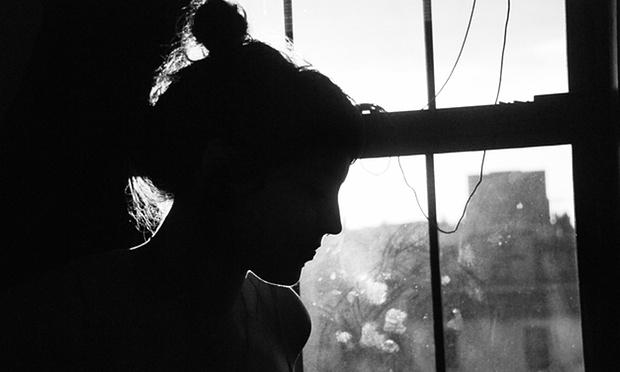|
Child abuse charity urges media to avoid the term 'historic' in reporting
By Tara Conlan
Use of the words “historic”, “victims” and “child pornography” should be avoided when reporting on children who have been abused, according to new media guidelines from the National Association for People Abused in Childhood. In the wake of revelations about abuse carried out years ago by Jimmy Savile and other celebrities, the term “historic child abuse” has been widely used in newspapers and television as part of broader discussion of the issue. But Napac’s guidelines put forward language survivors would prefer journalists to use and also offer case studies. As rapes or murders are not referred to as “historic” Napac says the word should be avoided to describe sexual abuse because, “there is nothing historic” for those who survived abuse as many are still living with the consequences. Instead the organisation suggests reporters use the phrase “non-recent child abuse” or state the decade in which the alleged crime took place. Napac also says that “many adults who were abused as children prefer to be known as ‘survivors’ rather than ‘victims’”, although it recognises that the word “victim” often has to be used in a legal context. And the guidelines also ask the media to avoid using the terms “rent boy” and “child pornography” and instead write “indecent images of children or child abuse images” and “sexually exploited child”. When speaking to those who have been abused, Napac advises reporters to “not generalise or make assumptions about the impact of child abuse on an individual survivor”. In a list of “do’s and don’ts” the charity reminds journalists to “avoid excessive details” about cases, think about “vulnerability and anonymity”, avoid contaminating evidence and ensure they do not compromise legal proceedings. Napac chief executive Gabrielle Shaw said: “We have seen a significant increase in calls to Napac’s telephone support line since ITV’s Exposure programme on Savile. The issue of child abuse is being much more openly discussed in the media and callers to Napac’s telephone support line often talk about how media coverage affects them.
She continued: “Sometimes people call because a media portrayal of child abuse upsets them by reminding them of their own childhood. Sometimes people are angered about inaccurate assumptions about the nature of these crimes. Quite a few callers say they detest seeing pictures of Savile.” “We hope the Napac media guidelines will bring about discussions and action which will help to make children safer today and in the future.” The full guidelines have been published on Napac’s website.
|
.
Any original material on these pages is copyright © BishopAccountability.org 2004. Reproduce freely with attribution.
